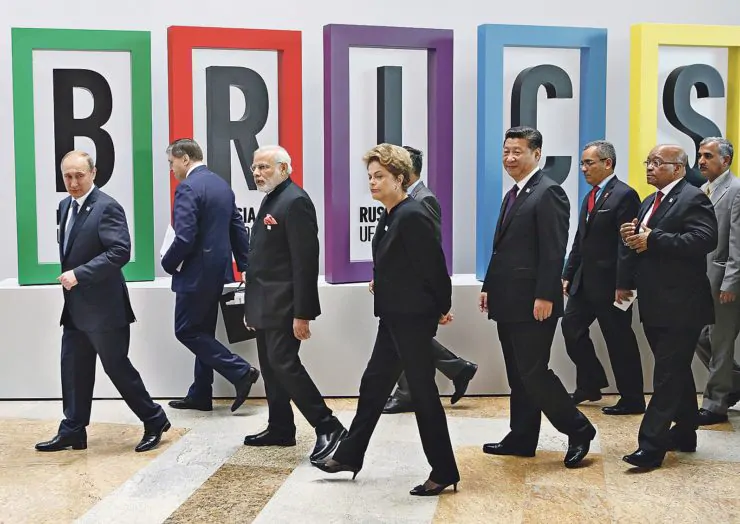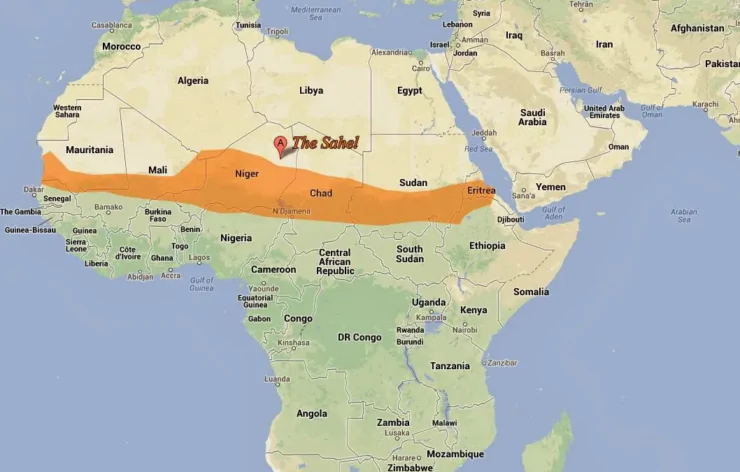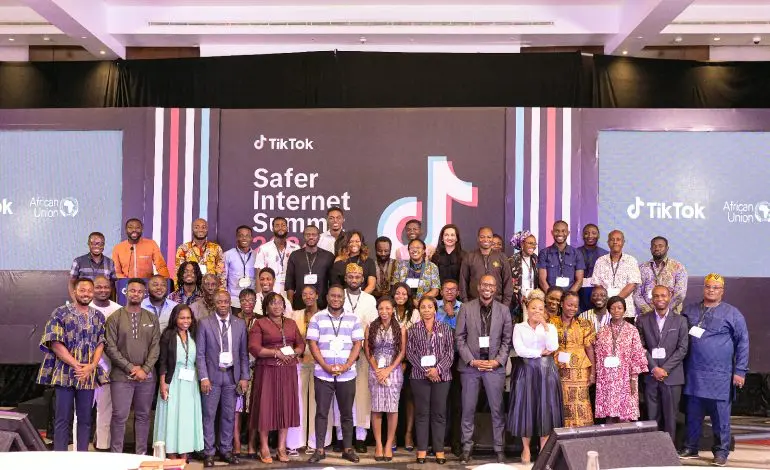Covid-19 Global Impact: Digital Summit and Expert Discussion

100 days since the first COVID-19 case was reported have marked a significant transformation that the world has experienced. Unplanned and still unpredictable change touched every single aspect of global economic, political and social reality. During a week-long International Digital Summit (June 15-19) experts in business, education, health and international relations representing 20 countries of Europe, Asia, Africa, North and South America will be discussing the lessons learned during these 100 days of pandemic and providing recommendations to shape the new norm.

The summit kicks off by setting the scene with what the world and its economies are experiencing and suffering due to the global Coronavirus pandemic. Each country needs to protect its citizens in the current pandemic, and against future outbreaks. This has caused a mix of specific policy and universal actions, some of which have the potential to strain relations with pre-COVID-19 trade partners, desired trade partners, and geographical neighbours.
The economic crisis following pandemic has put various problems and issues to the spotlight: more and more experts and businessmen are making statements against sanctions and other political restrictions interrupting free and fair global trade, especially the ones between European countries and Russia and Iran.

”#BWA supports Gerhard #Schröder's demand for Germany's exit from sanctions against #Russia. Russian Economic Area holds great potential for dt. Companies we need to use to rebuild after # Corona.”
Michael Schumann, the President of the BWA, will be speaking about the pandemic impact on the international trade and economy at the Covid-19 global Impact Summit on June 17. Member of German Bundestag Stefan Keuter and researcher Mirijam Zwingli will discuss preventive and reactive measures taken by the government. Journalist Stephan K. Ossenkopp, Prof. Zoran Vitorovich, Yulia Afanaseva and Andrey Gorokhov will talk about the new normality in geopolitics and science diplomacy.
African countries are revising the role France and CFA currency in their policies. Laurence Ndong, a female politician and educator from Gabon, Prof. Jose Malemulane from Mozambique, and Nathalie Yamb, politician form Ivory Coast will elaborate on this topic on June 17.
The situation in South America, especially Chile, Brazil and Argentina will be discussed by ex-presidential candidate and leader of Grupo de Puebla Marco Enríquez-Ominami, Former Execute Secretary at OCLAE (Continental and Carribean Organization of Latin American Students) Henrique Domingues and co-founder of the Pacifica Yamil Quispe.
Sergey Brilev, the President of the Global Energy Association will give a speech on the future of sustainable development given the emerging trends of the energy sector.
Middle East and Arab countries perception will be provided by the Honorary delegation from Yemen represented by Head of Advocacy commitee of BRICS Youth Parliament Mogib Hassan, and member of parliament Dr Fouad AlGhaffari; Nabeel Abdalla Al Kaeath form Iraq, Dina Rashad from Egypt.
The situation in India and BRICS countries will be discussed by Purnima Anand (BRICS International Forum), Amitava Mukherjee, Prof. Jagdish Khatri, Shivani Rai, Apoorv Garg and Summi Taneja.
Lessons learnt in Italy, Serbia and UK will be presented by crisis manager Marco Filipe, member of Serbian Parliament Marija Janjusevic, change experts Vaiva Adomaityte and Henry Chuks and IoT expert Nikolay Kazantzev.
Expert discussions will examine the present status and what is to come - the aftermath - as well as how the global economies can plot a path to recovery and a robust new normal.
Balancing a nation’s needs and security with international relations will require careful management and, in some cases, revision of the approaches used at the global level as well as roles of various states. Protests breaking out in Europe, USA and other countries globally show that there are serious cleavages in the societies and many citizens are not satisfied with the decisions taken by the ones the power was delegated to. Staying at home and adapting to new realities has stimulated people globally to rethink the information presented by the media, do their own research and make conclusions that question many aspects of governance and international relations. Aside for the negative effects, the pandemic has also created opportunities for a restart, yet the key issue remains - what would the post-pandemic world look like and would the citizens have more chances to shape this New Norm as well.
Experts in the fields of management consultancy and change management will walk the audience through practical strategies that will make organisations and business operations robust, as well as hyper-vigilant and prepared for future epidemics or black swans.
“One hundred days of COVID-19 has highlighted the tremendous importance of business resilience and adaptability to change within the organisational structure. However, the uncertainty within the business was caused by changes in the political situation, international trading and regulatory impact highlighting the future opportunities for the worldwide governance model and cooperation between all of these sectors. The week-long event is aimed to discuss precisely how that New Norm Model should look like and what lessons have 100 days of COVID-19 has thought us,” - says Vaiva Adomaityte, CEO of ADMIS Consultancy and member of the Summit Organizing Committee.
Covid-19: Global Impact Digital Summit Organizing committee is an international team representing BRICS International Forum (India), ADMIS Consultancy (UK), BWA (Germany), Association for Free Research and international Cooperation (Mozambique), Center for Social and Cultural Initiatives (Russia), International Business Acceleration Centre (Russia), Center for Geopolitical Studies (Serbia).

More information can be found here:
Register at: https://www.crowdcast.io/adomaityte-vaiva
























